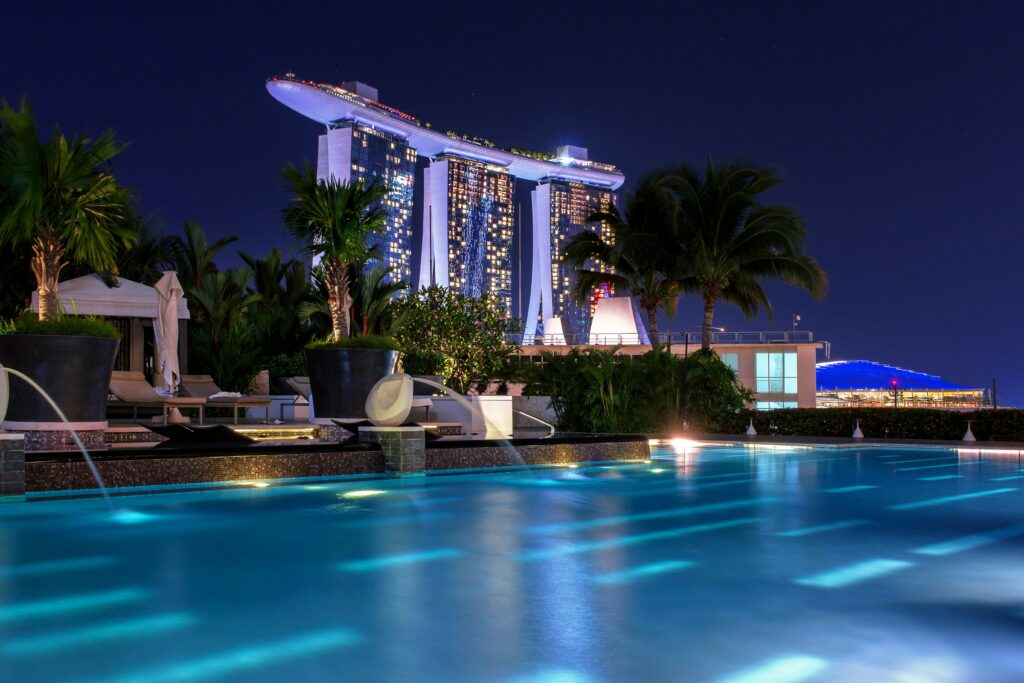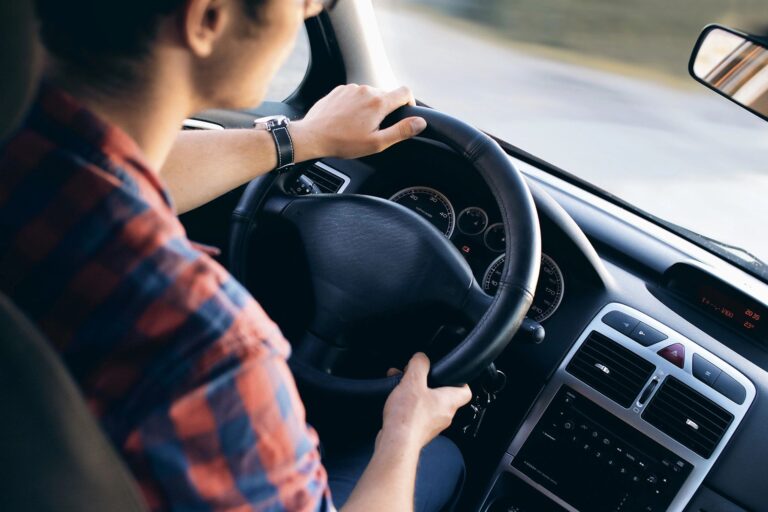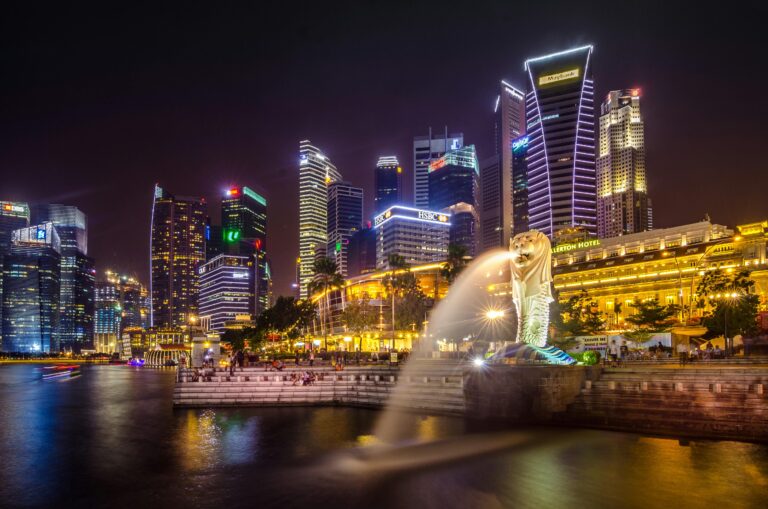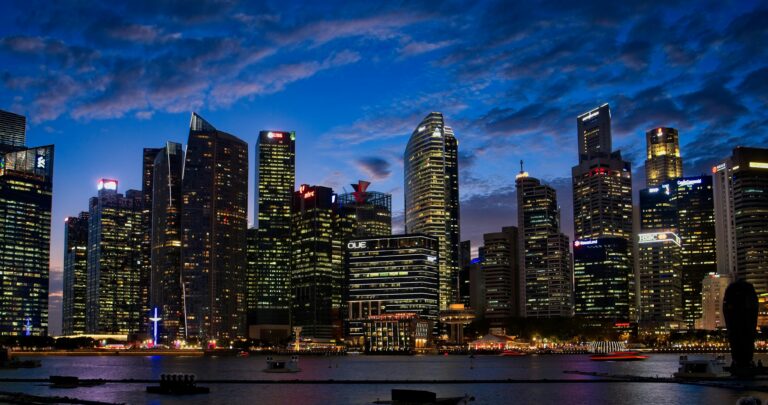
Singapore, a vibrant city-state known for its towering skyscrapers, lush green spaces, and diverse cultural heritage, attracts millions of tourists each year. To ensure a safe and enjoyable experience for both visitors and residents, Singapore has established a set of rules and guidelines that every tourist should be aware of. This article will provide a comprehensive overview of these regulations, helping you navigate your visit with ease.
Read more articles here: https://learntodrivesg.com/
1. Entry Requirements in Singapore
Before traveling to Singapore, it’s important to understand the entry requirements:
- Visa Regulations: Depending on your nationality, you may need a visa to enter Singapore. Many countries have visa-free agreements with Singapore, allowing for short stays of up to 30 or 90 days.
- Travel Documents: Ensure your passport is valid for at least six months beyond your intended stay.
2. Customs and Immigration
Singapore strictly enforces customs regulations:
- Prohibited Items include chewing gum (except for therapeutic purposes), e-cigarettes, and controlled drugs.
- Tourists can bring in duty-free alcohol, tobacco, and perfumes within specified limits. Exceeding these limits can result in hefty fines.
3. Health and Safety Regulations
Maintaining public health and safety is a top priority in Singapore:
- Vaccinations: While there are no mandatory vaccinations for entry, it’s recommended to be up-to-date on routine vaccines. During certain outbreaks, additional health screenings may be conducted.
- COVID-19 Measures: Stay informed about the latest COVID-19 guidelines, including testing and quarantine requirements, which may change based on the current situation.
4. Public Behavior and Conduct
Singapore is known for its strict laws on public behavior, ensuring a clean and orderly environment:
- Littering and Vandalism: Littering, spitting, and vandalism are offenses that carry heavy fines. Singapore prides itself on cleanliness, and these rules help maintain that standard.
- Smoking: Smoking is not allowed in most public places, including air-conditioned areas, public transport, and within a certain distance from building entrances. Designated smoking areas are available and should be used.
5. Cultural Sensitivity in Singapore
Respect for local customs and traditions is essential:
- Dress Code: While Singapore is relatively liberal, it’s respectful to dress modestly, especially when visiting religious sites.
- Tipping: Tipping is not a common practice in Singapore. Service charges are typically included in the bill.
6. Transportation Rules
Navigating Singapore’s efficient public transport system is straightforward, but there are rules to follow:
- Public Transport Etiquette: On public transport, eating, drinking, and smoking are prohibited. Passengers should offer priority seats to those in need, such as the elderly and pregnant women.
- Driving: If you plan to drive, ensure you have a valid international driving permit and familiarize yourself with local traffic rules.
7. Legal Considerations
Singapore has a reputation for being a law-abiding society, with strict penalties for lawbreakers:
- Drug Laws: Singapore has zero tolerance for drug offenses, with severe penalties, including the death penalty, for trafficking.
- Alcohol Consumption: Drinking in public places is restricted between 10:30 PM and 7:00 AM. Licenses are required for selling alcohol during these hours.
8. Environmental Conservation in Singapore
Singapore places a high value on environmental conservation:
- Recycling: Recycling is encouraged, and recycling bins are widely available. Proper disposal of waste is mandatory.
- Water Conservation: Singapore is known for its efforts in water conservation. Tourists are encouraged to use water sparingly and follow any guidelines provided by their accommodation.
9. Shopping and Consumer Rights
Enjoying Singapore’s shopping scene comes with its own set of rules:
- Tax Refunds: Tourists are eligible for a Goods and Services Tax (GST) refund on purchases made at participating shops. Ensure you request a GST refund receipt at the time of purchase.
- Consumer Protection: Singapore has strong consumer protection laws. If you encounter any issues with your purchases, you can seek assistance from the Consumers Association of Singapore (CASE).
10. Wildlife and Nature Reserves in Singapore
Respect for nature and wildlife is paramount:
- Nature Reserves: Singapore’s nature reserves are protected areas. Visitors are expected to follow designated trails and avoid disturbing the wildlife.
- Animal Protection: Feeding wildlife, including birds and monkeys, is prohibited to maintain their natural behavior and health.
11. Photography and Filming
Capturing memories in Singapore is a joy, but be mindful of certain guidelines:
- Public Places: Photography is generally allowed in public places. However, respect privacy and avoid photographing sensitive locations such as military installations and government buildings without permission.
- Commercial Filming: Permission is required for commercial filming and photography in Singapore. Contact the Singapore Film Commission for guidance.
12. Internet and Cybersecurity
Stay safe online during your stay:
- Internet Usage: Public Wi-Fi is widely available but exercise caution when accessing sensitive information. Use secure connections and avoid unsecured networks.
- Cyber Laws: Singapore has strict cybersecurity laws. Avoid engaging in activities that may violate these laws, such as hacking or accessing restricted content.
13. Emergency Services in Singapore
Know how to access emergency assistance:
- Emergency Numbers: Dial 999 for police, fire, or medical emergencies. Singapore has a reliable emergency response system, and operators speak English.
14. Etiquette and Social Norms
Understanding local etiquette enhances cultural interactions:
- Greetings: A handshake is common, but some locals may prefer a slight bow or nod. Address individuals with their titles and surnames, followed by “Mr.” or “Ms.” unless invited to use their first names.
- Respect for Elders: Show respect to elders and authority figures. Use both hands when giving or receiving items, such as business cards.
15. Events and Festivals
Participate respectfully in local celebrations:
- Cultural Events: Enjoy Singapore’s vibrant festivals, such as Chinese New Year and Deepavali. Respect local customs and traditions during these celebrations.
- Public Gatherings: Follow instructions from authorities during public events or demonstrations to ensure personal safety and compliance with regulations.
16. Language in Singapore
People widely speak English, but enriching communication involves understanding local terms.
- Singlish: Singaporeans often use “Singlish,” a blend of English with local slang and dialects. Embrace it as part of cultural immersion but use standard English in formal settings.
17. Tours and Guided Activities
Choose reputable tour operators for a seamless experience:
- Licensed Operators: Opt for tours offered by licensed operators to ensure safety and quality. Check reviews and accreditation to make informed choices.
Conclusion
Singapore designs its rules and regulations to create a safe, clean, and enjoyable environment for everyone. By understanding and adhering to these guidelines, tourists can fully appreciate the beauty and uniqueness of this incredible city. Enjoy your stay in Singapore, and embrace all the experiences it has to offer with respect and consideration for the local customs and laws.




